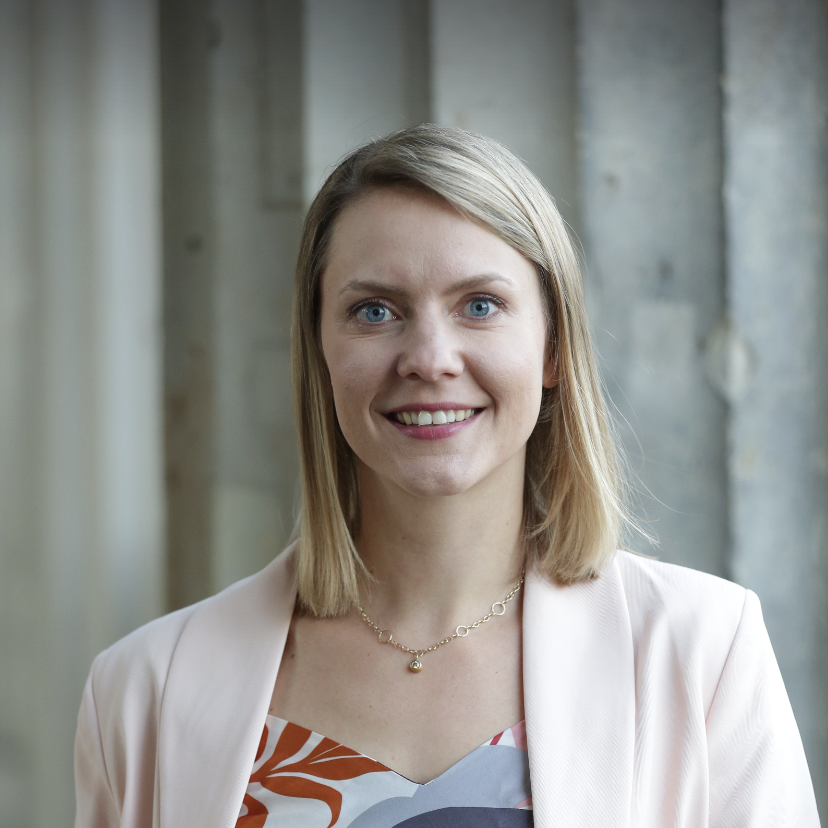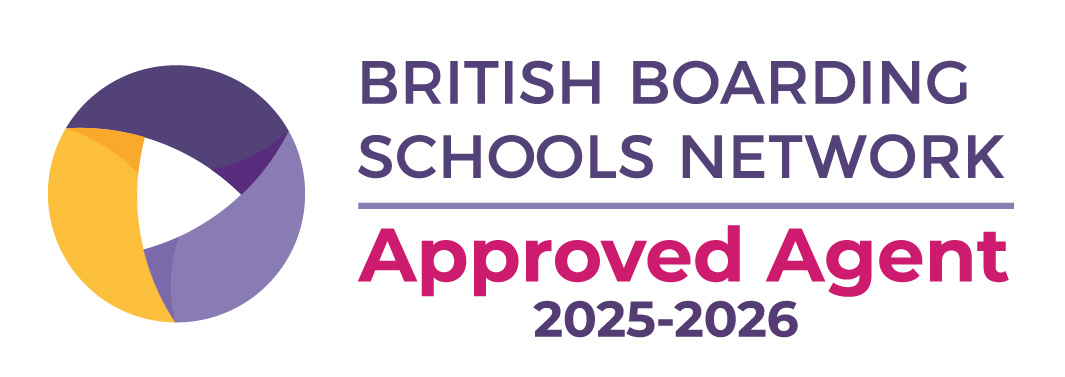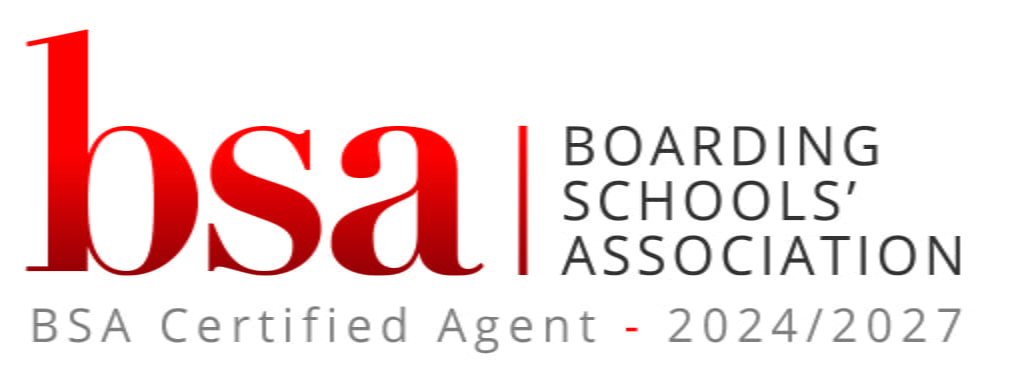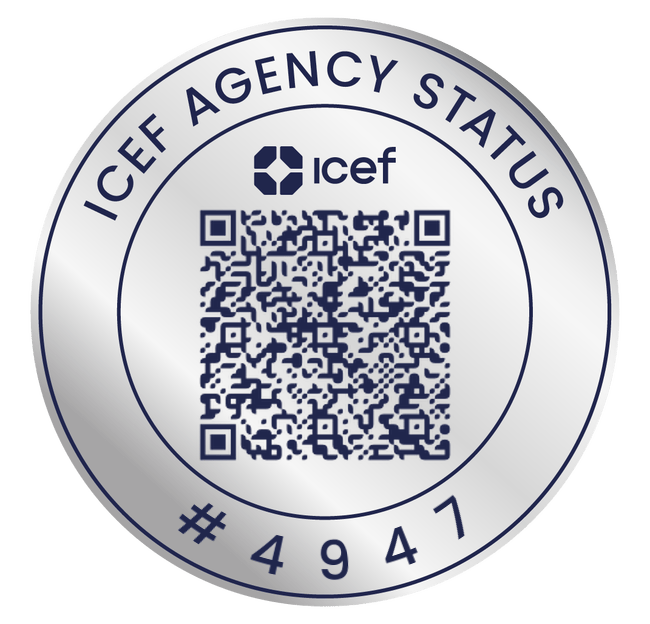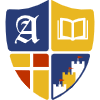Contents:
Book a free consultation today!
The General Certificate of Secondary Education (GCSE) is one of the most important qualifications in the British school system. It marks the end of compulsory secondary education, usually at the age of 16, and is broadly comparable to the “middle school leaving certificate” in many other countries.
In the UK, GCSEs are usually taken at the end of ‘Year 11’. The two or three school years beforehand are specifically designed to prepare pupils for these examinations, which cover a broad range of subjects.
Meaning and opportunities
The very name of the qualification – General Certificate of Secondary Education – underlines what it represents: the acquisition of a broad, well-rounded education. For some students, the GCSE is a stepping stone into employment and vocational training. For many others, it is the essential foundation for further academic study, most often A Levels – the UK equivalent of the high school diploma or baccalaureate – which in turn open the doors to university.
In certain cases, students can even begin vocational higher education programmes directly with their GCSEs. However, the more common pathway is GCSEs followed by A Levels or the International Baccalaureate (IB).
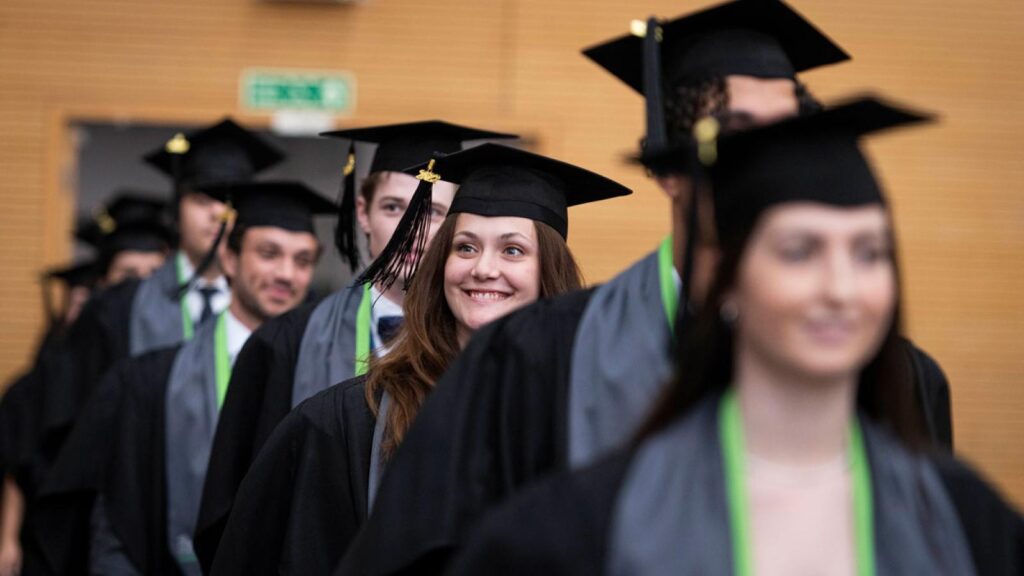
Structure and content of the GCSE exams
Unlike in countries with centralised exam systems, GCSEs are administered by several independent Examination Boards. This means the exact content, format, and emphasis can vary between schools and even between students.
Pupils usually take at least eight subjects, but most choose ten (or more). Passing grades (at least a grade 4 on the 1–9 scale, where 9 is the highest) are required in at least five subjects.
Universities often look at the English Baccalaureate as a benchmark. This isn’t a separate qualification but rather a measure of having passed exams in a range of key academic subjects:
- English
- English Literature
- Mathematics
- One foreign language
- Three sciences (biology, chemistry, physics, or computer science)
- Geography or history
Beyond these, schools offer a wide choice of optional subjects. Pupils can align their GCSEs with future aspirations – whether academic, creative, or technical.
Some of the more unusual GCSE options include:
- Modern and classical languages such as Japanese, Hebrew, or Punjabi
- Geology
- Statistics
- Engineering
- Electronics
- Media studies
- Dance
- Photography
This breadth allows young people to tailor their education early on – an appealing feature for many international families.
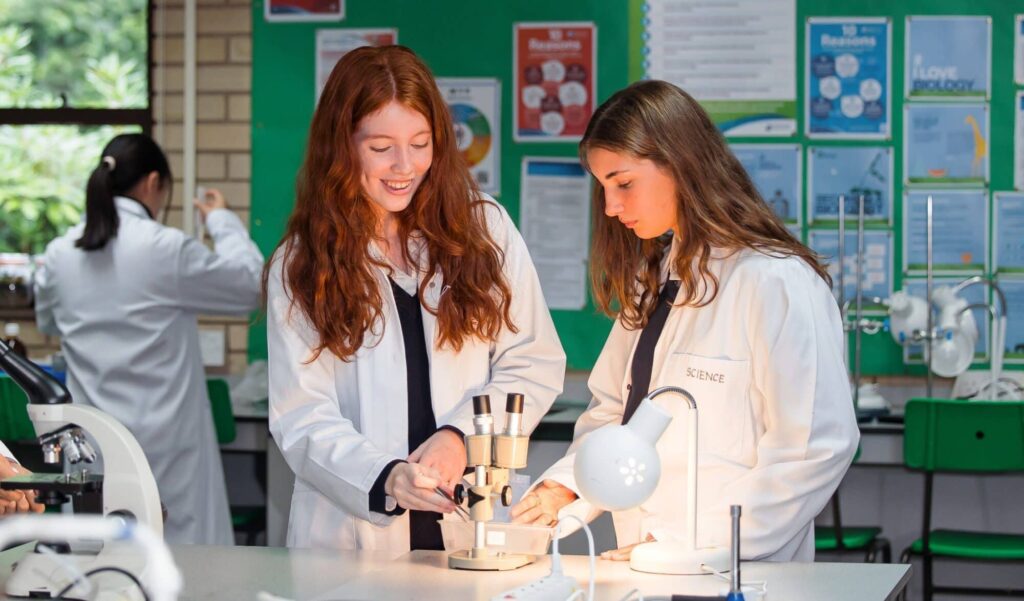
GCSEs for international students
UK schools, especially boarding schools, welcome students from all over the world. Many international students come to the UK precisely because of the broad subject choice and the strong reputation of British qualifications.
If students wish to return to their home country after completing GCSEs, they usually need to check in advance with local recognition authorities or their current school to ensure the qualification is fully accepted. In most cases, GCSEs and A Levels are recognised internationally and open pathways to further study.
Where can you take GCSEs?
GCSEs are available in almost all UK secondary schools, but for international pupils, the most suitable option is usually a boarding school. Boarding schools combine academic preparation with accommodation, care, and a rich extra-curricular programme – providing a complete environment for studying and living.
Choosing the right school can be complex, given the many variables: academic results, teaching quality, facilities, pastoral care, and subject combinations. Specialist consultancies such as we provide at Akademis help families navigate these choices and match students with the right school.
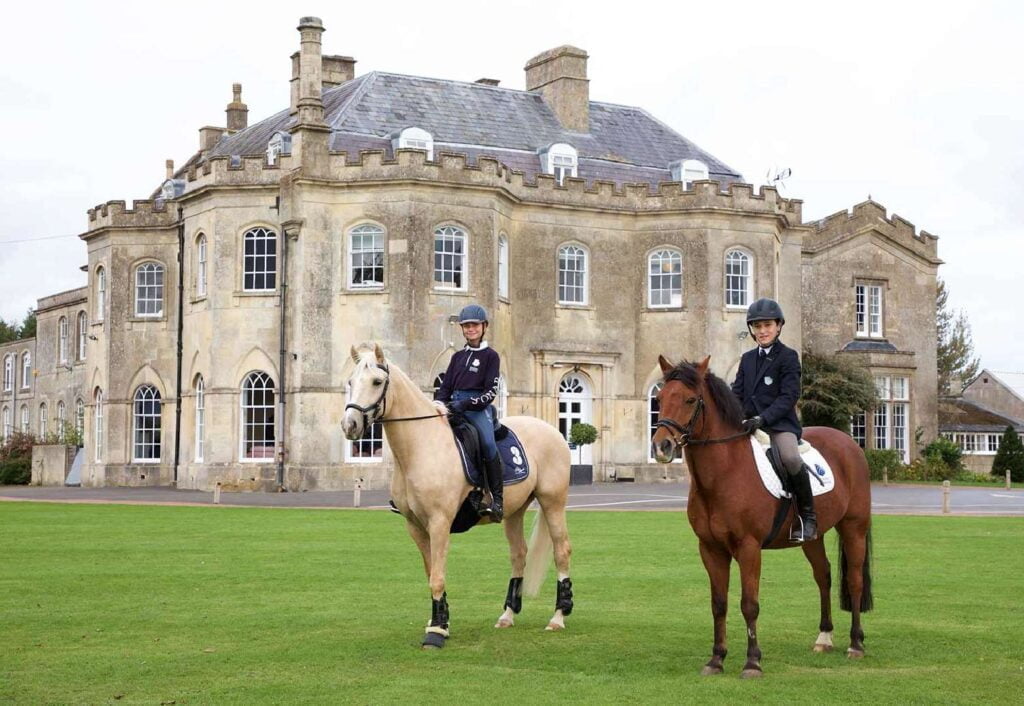
GCSEs at a boarding school
There are many reasons why international pupils thrive in British boarding schools:
- Smaller class sizes and highly qualified teachers
- Excellent facilities for science, technology, arts, and sport
- A diverse and international student community
- Lifelong friendships built in a close-knit environment
Boarding schools offer not just strong academic preparation but also the chance to grow in confidence, independence, and cultural awareness.
From GCSEs to A Levels
For many international pupils, GCSEs are just the beginning. Having experienced the unique atmosphere and opportunities of a British boarding school, they often choose to stay on for A Levels or the IB Diploma. Both are widely recognised qualifications, opening access to universities worldwide.
Life at boarding school
Life at a British boarding school is about much more than lessons and exams. Afternoons and weekends are filled with opportunities: from sports such as hockey, football, rowing, or sailing, to music, drama, debating, and clubs focused on social or environmental issues.
Some schools are renowned for their theatre productions, others for their orchestras or choirs, while many compete at a high level in national sporting competitions. This holistic approach ensures that pupils develop not only academically, but also socially, creatively, and personally.

FAQ GCSE
What is the GCSE?
The GCSE is the General Certificate of Secondary Education, usually taken at age 16, marking the completion of compulsory education in the UK.
Can international students take GCSEs?
Yes. Any pupil attending a UK school, including international boarders, can work towards GCSEs.
How many subjects are required?
Most students take around nine or ten GCSE subjects, with English, maths, science, a language, and a humanities subject forming the core. For accelerated programmes, five or six GCSEs are the norm.
Schedule a free consultation
How can we help you?
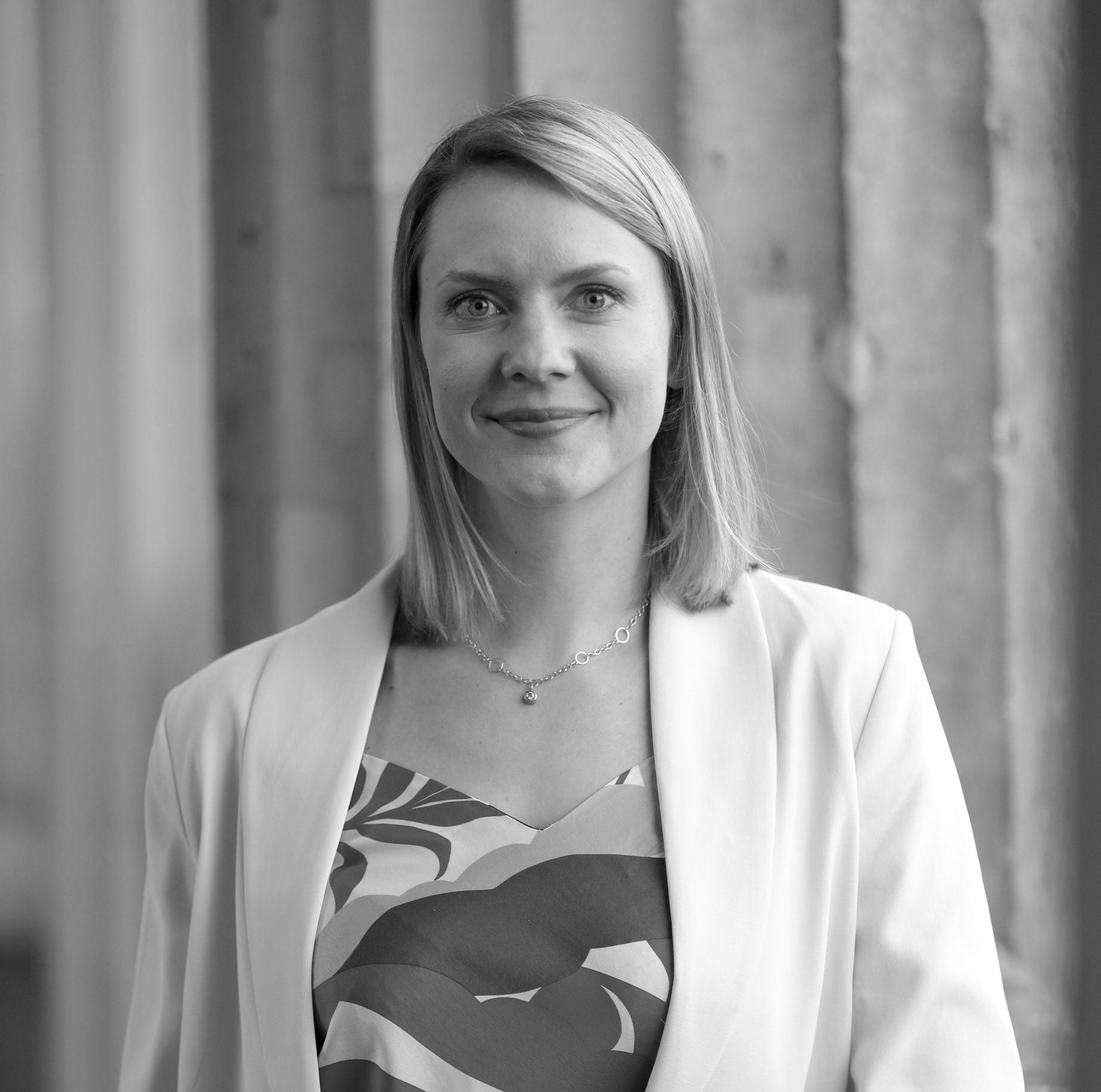
Julia Wilmes
Managing Director
Supporting families through these important steps in their children’s educational journey has become my heartfelt mission since founding Akademis. That is why it is especially important to me that we dedicate ourselves to every student seeking a boarding school with empathy and personal care.
